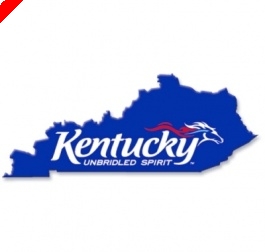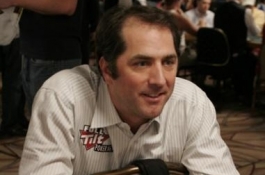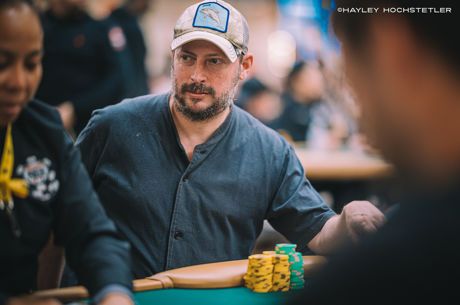The Fight to Legalize Online Poker in United States Continues

The poker resistance, led by the Poker Players Alliance and the Interactive Media Entertainment and Gaming Association, would like nothing more than the opportunity to argue in a United States court that poker is a game of skill and its online play is not prohibited by any federal law.
When the U.S. Attorney's office for the Southern District of New York seized over $30 million in transit from offshore poker sites to the American public in June, it appeared this could be the platform for which the poker lobbyist and advocacy groups had been waiting. The PPA immediately announced having assembled a legal team to combat the action.
As the dust settled and the SDNY's indictment of Canadian citizen Douglas Rennick came to light this month, it has become clear that poker's protectors will be handcuffed on the issue.
The indictment charges that Rennick committed bank fraud conspiracy in opening accounts at banks, by representing that his various companies would be processing rebate and affiliate checks, when they were really processing payments related to Internet gambling.
"It doesn't even give you the opportunity to get into a debate on the status of Internet poker," iMEGA chairman Joe Brennan Jr. said. "Whether Internet poker is legal or not is almost inconsequential when you have a processor lying about where the money is coming from."
The Illegal Gambling Business Act of 1955 is mentioned in the following two counts of money laundering and gambling conspiracy in the indictment. If Rennick is guilty of bank fraud then there is no reason for him to re-enter the U.S. and face trial to argue those points.
The PPA did file an amicus brief for the SDNY that stated that seizing funds transferred to players is in direct conflict with the Unlawful Internet Gambling Enforcement Act, that poker is a game of skill, and that games of skill are not prohibited under the Illegal Gambling Business Act. However, that may be the extent of what the PPA can do on the matter.
"We think it's an underhanded move by the (Department of Justice) to get away from actually having a hearing and a trial on the facts," PPA chairmanJohn Pappas said. "I think the odds that (Rennick) will appear and that there will be a trial are very slim. We think this move was tactical by the DOJ to avoid pushing forward with a trial on the merits of whether poker is a lawful game."
Though the funds seized were player payouts, or money that belonged to U.S. citizens, major poker sitesPokerStars and Full Tilt Poker refunded the withdrawals plus bonuses into the accounts of their impacted players. The offshore poker sites are not going to go after the confiscated funds and open up their operations to scrutiny in U.S. courts.
Account Services Corporation, one of Rennick's companies, filed a suit in the Southern District of California to reclaim $14 million in seized funds before he was indicted. That case is also in limbo. The SDNY filed a motion last week to move the case to New York and delay it until after the trial against Rennick — which may never take place.
- - - - - - - - - - - -
In more positive news, poker scored its largest victory in the media with an Op-Ed piece titled "Government Should Drop its Ban on Online Poker" in a Sunday edition of the Washington Post on Aug. 16.
The column was written by George F. Will, one of the most widely syndicated columnists in the U.S., and appeared in about 450 papers around the country.
"He's pretty widely respected in all political arenas," Pappas said of Will. "People on (Capitol) Hill will certainly see it when they get back in session in a few weeks."
For up to the minute poker news, and entertainment follow be sure to follow us on twitter here.








